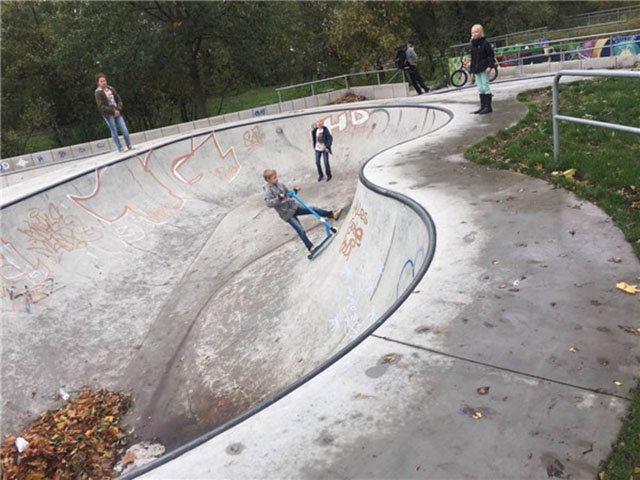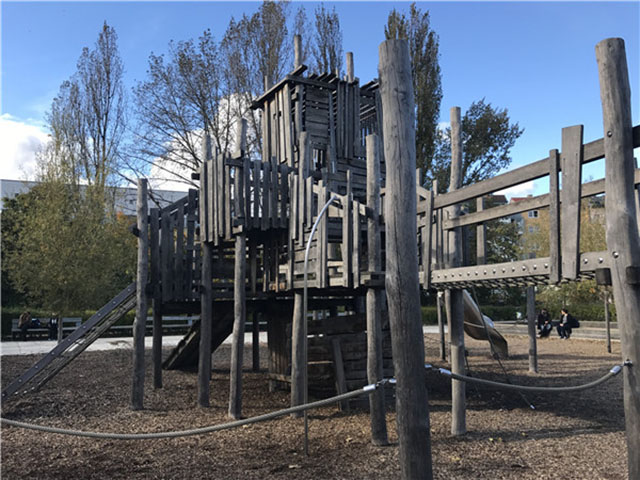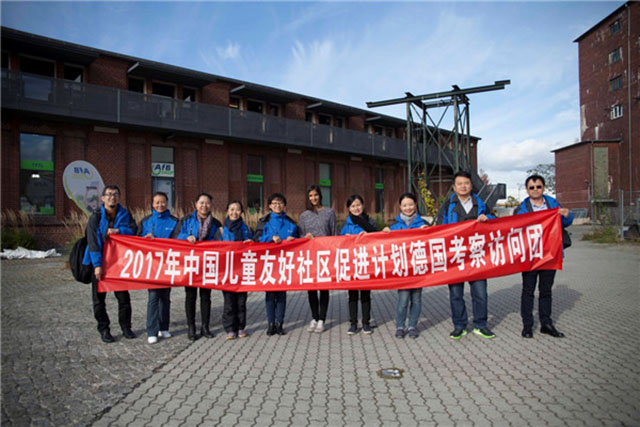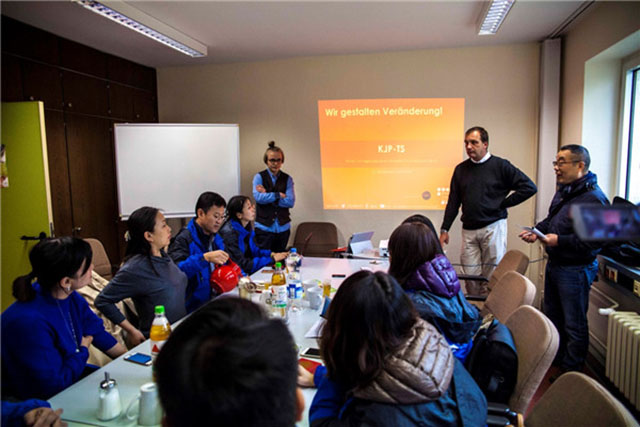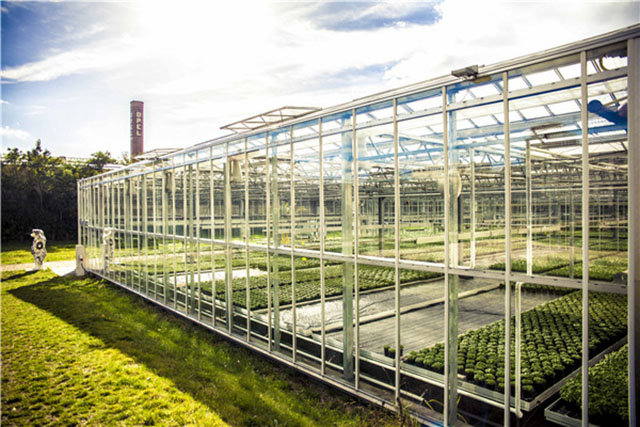"China Child Friendly Community Promotion Plan" Successful Visit to Germany
December 21, 2017
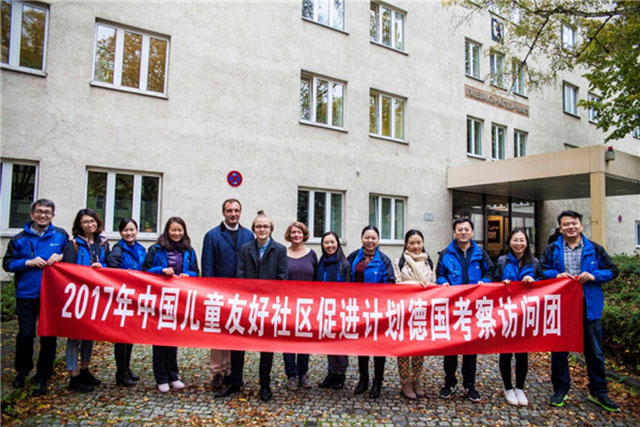
The golden autumn in October coincides with the 19th National Congress of the Communist Party of China, and the construction of China ’s child-friendly communities has ushered in a gratifying phase. The nine-day China ’s Child-Friendly Community Promotion Program ’s German visit to Germany ended successfully on October 17, 2017. The visit was sponsored by the China Child Friendly Community Promotion Program Office and Beijing Yongzhen Public Welfare Foundation.
3 cities visited: Berlin-Potsdam-Munich
5 workshops: intense discussions at venues, buses, restaurants
Representatives in 6 fields: community governance, social worker training, planning and design, media communication, policy research, children's rights
Representatives of 7 cities: Beijing, Nanjing, Guangzhou, Shenzhen, Chengdu, Zhuhai, Changsha
12 visiting agencies:
1) German Child Friendly Cities and Communities Association
2) Berlin Railway Triangle Park
3) Child-friendly and family-friendly neighbourhoods in the Prenzlauer Berg community
4) Machmit Museum
5) TS Community Children and Youth Council
6) Urban Planning Bureau of Reinichkendorf District Government
7) Reinichkendorf Social Organization
8) Berlin Free High School
9) Potsdam Children and Youth Office and Urban Youth League
10) Potsdam Vegetable Academy
11) Deutsches Museum Children's Kingdom
12) Youth Information Assistance Center, Munich Youth Office

The reason why Germany was selected as the destination of this trip is that as a pioneer in the construction of child-friendly cities in the world, as early as the 1970s, Germany creatively carried out the construction of child-friendly cities. It is also the first country to actively develop its own child-friendly city assessment standards under the guidance of the theoretical framework of child-friendly cities advocated by UNICEF and try to implement the domestic recognition system.
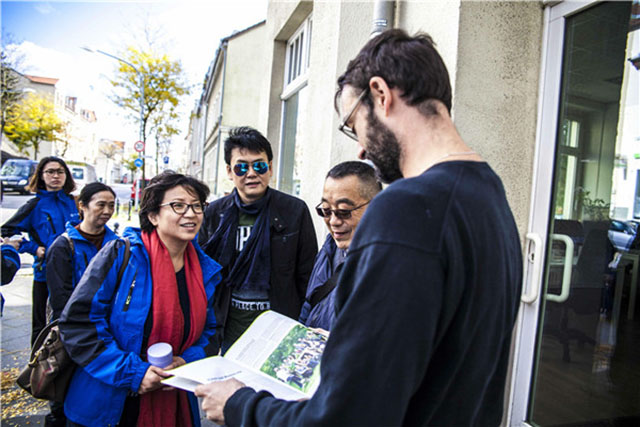
On the other hand, from the perspective of national conditions, Germany is located in the center of Europe, borders nine countries, has a long history, and is culturally diverse. It is the most populous country in the European Union. Its population density is second only to that of Britain and far higher than China. The impact of the relatively balanced urban-rural space on children's development, and the accumulation of a large number of spatial paradigms and laws in the design of children's growth environment, are worthy of careful comparison and reflection in our rapidly urbanizing country. At the same time, with the sharp increase in immigration in recent years, the policy experience and challenges it faces in terms of inclusive education for children and social services are more worthy of investigation and reference.
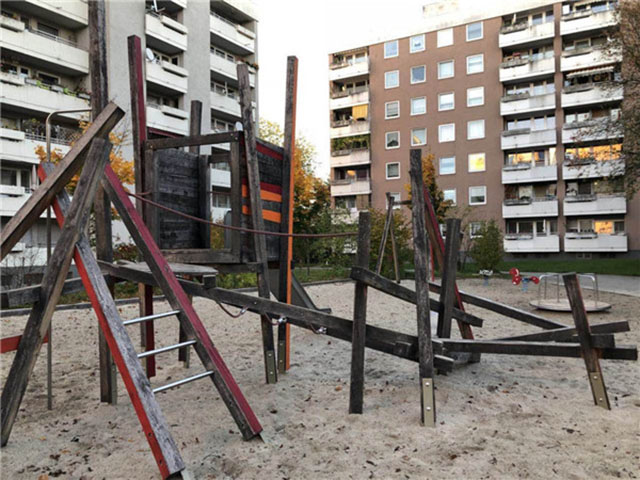
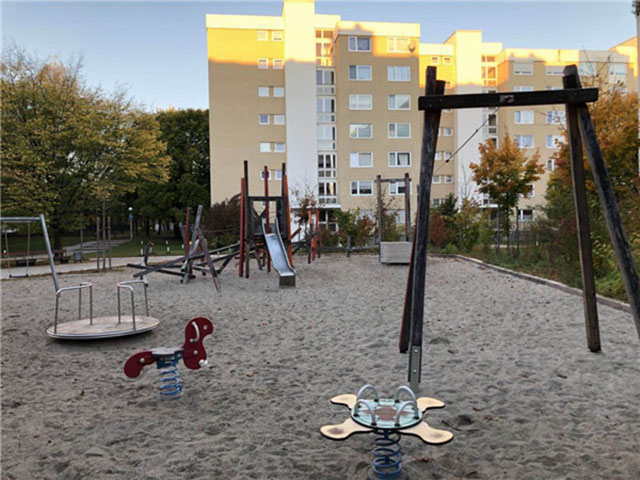
In short, whether it is "hardware" construction or "software" design, Germany's child-friendly cities (communities) are at the forefront of the world. One of the key cities visited during the trip was Munich, which was the most successful city in Germany to implement the concept of "child-friendly city". It was the first city to sign the Convention on the Rights of the Child and implemented it at the city level. A city that is core and listens carefully to children. In practice, it pays special attention to forming an effective cross-sector cooperation mechanism, mobilizing the participation of various government departments, non-profit organizations, and children and citizens.
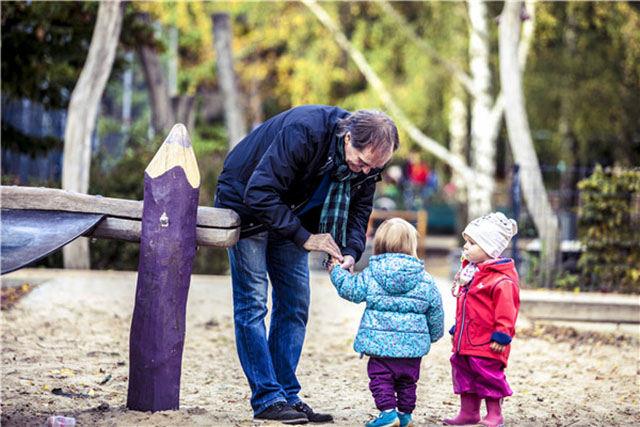
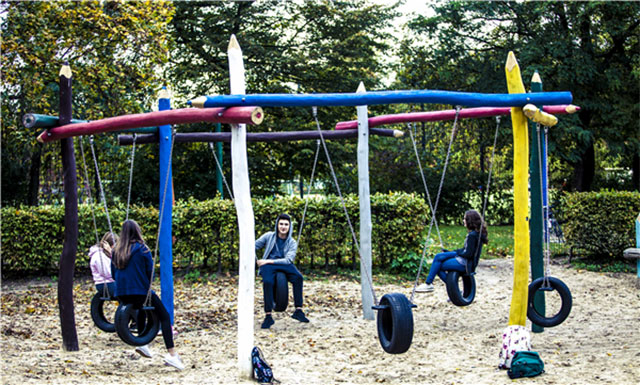
In addition to Munich, many cities in Germany have made great achievements in the construction of child-friendly cities (communities). The visiting delegation also visited Berlin and Potsdam and had in-depth exchanges with local social organizations and educational institutions.
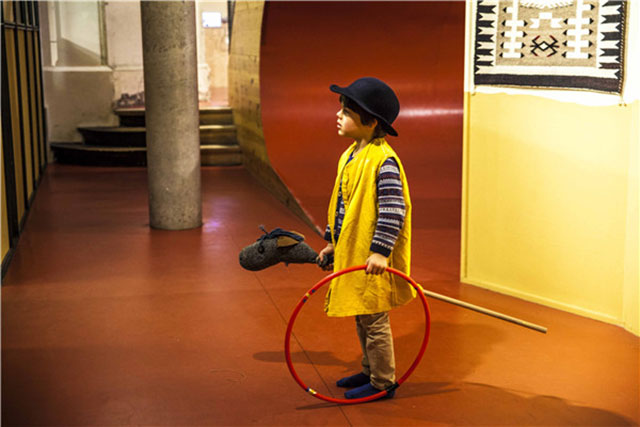
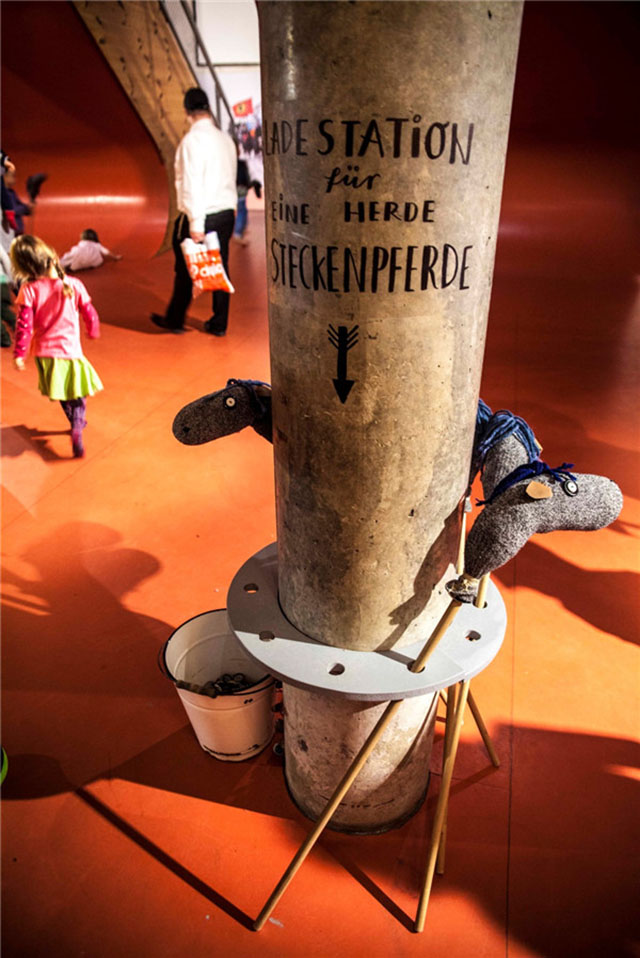
The outstanding results of this visit to the school have greatly broadened China's thinking on building a localized certification and supervision system, and provided a lot of theoretical and excellent case support for the further improvement and upgrading of the "Guide to the Construction of China's Child-Friendly Communities." Representatives from the delegation also said that this trip has yielded a lot, and they have made clearer efforts for the next step in their respective fields. In the just-concluded report of the 19th National Congress of the Communist Party of China, it also mentioned several times on the strengthening of the construction of a community governance system; the establishment of an environmental governance system led by the government, with enterprises as the main body, social organizations and the public, and other related policies. The general trend is that I believe that the mature international community governance concept of "child-friendly" will receive more attention and implementation from the central to the local.
